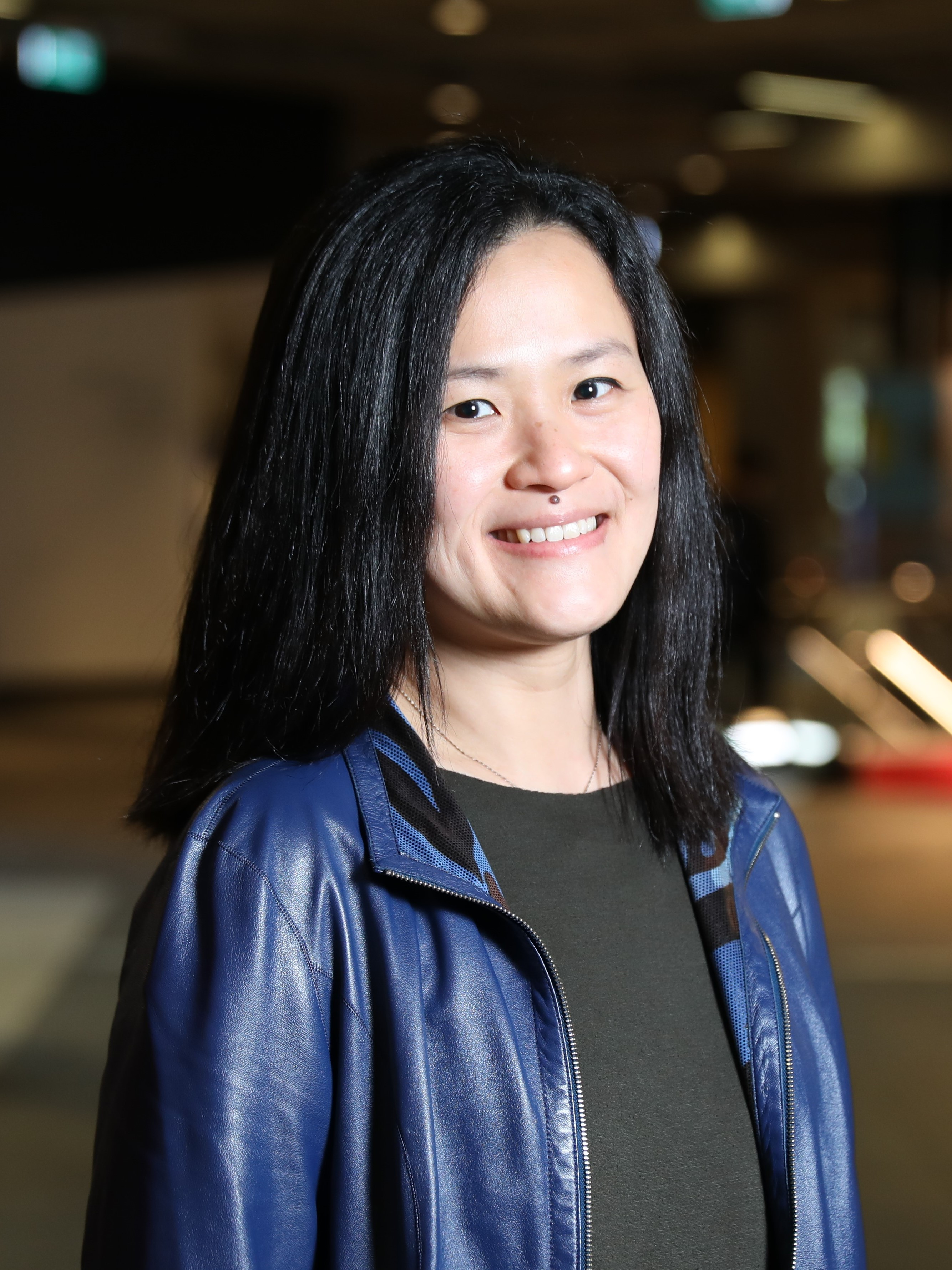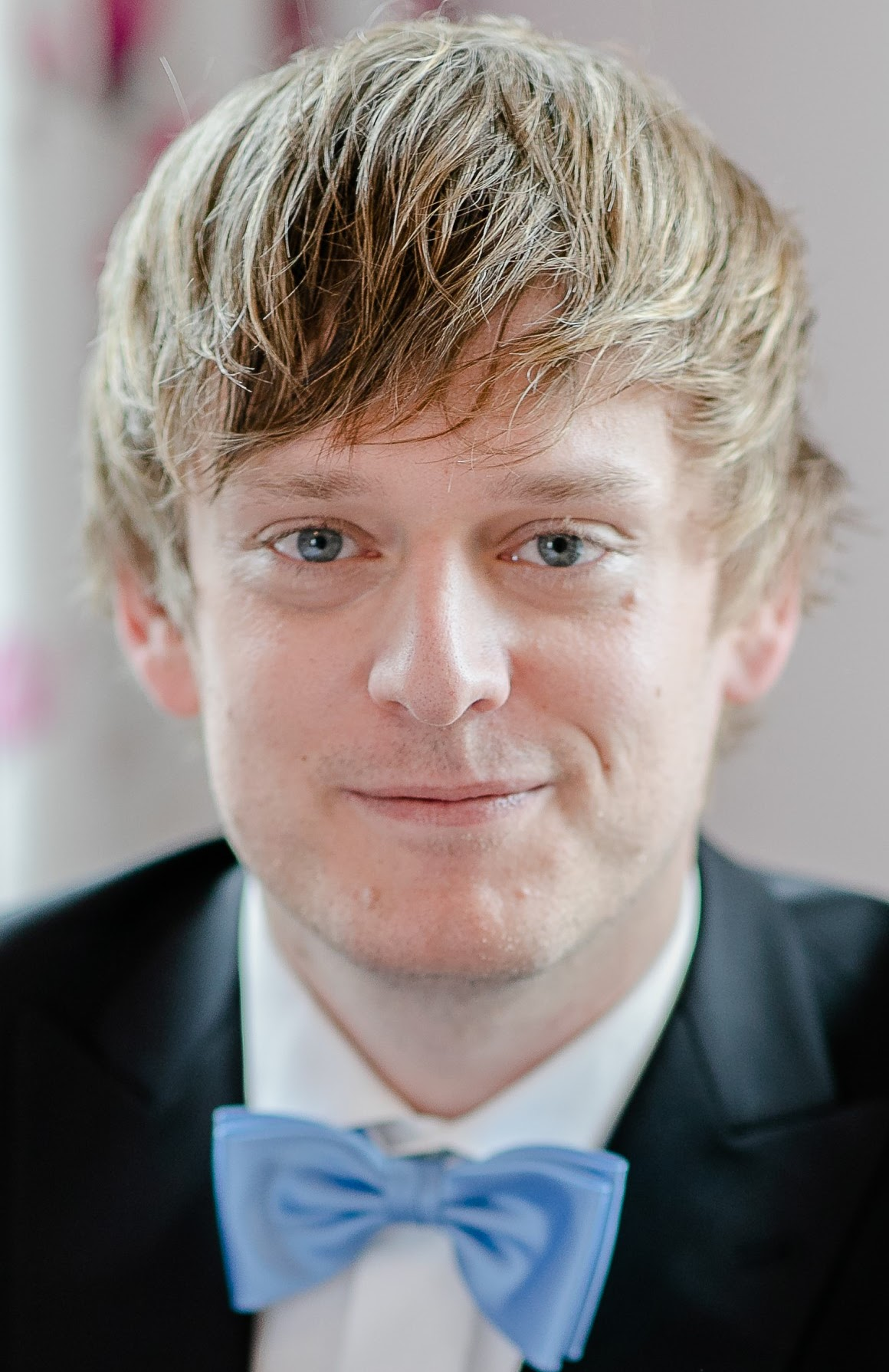Overview
The proliferation of handheld GPS enabled devices, spatial and spatio-temporal data is generated, stored, and published by billions of users in a plethora of applications. Multiple communities, in computer science, outside computer science, and in industry, have responded to the pertinent challenges and proposed solutions to individual problems. These communities include mobile data management, spatial data mining, geography, transportation engineering, spatial privacy, and spatial epidemiology. In addition, the AI and machine learning communities have also started exploring spatio-temporal and mobility data. Integrating these communities around the common interest of AI and data science around spatio-temporal and mobility-related problems is the best chance to achieve impactful end-to-end solutions to real world problems in our cities. This Shonan meeting will follow the success of the Seminar on Mobility Data Science held in January 2022, and expand it to the Mobility AI (or GeoAI) community.
Topics
Open Large-scale Datasets
The success of developing advanced models for various applications largely depends on high-quality large-scale datasets. In mobility data science and mobility AI research, most research works still rely on traditional datasets like Geolife, Gowalla, TaxiPorto, and FourSquare, which were introduced a decade ago. The meeting will discuss the challenges and questions towards developing large-scale open datasets such as:
- What are the challenges of collecting and publishing modern mobility data?
- How to assess the quality of mobility data?
- How to address the privacy concerns in releasing large-scale mobility data?
- Which data models facilitate the integration of heterogeneous data from multiple sources?
Reproducibility
In comparison to other research communities such as CV and NLP, the reproducibility in the mobility data science/AI research area is overlooked. For example, a proposed model or algorithm is rarely evaluated globally. We cannot guarantee the utility of a model in a new scenario even if its implementation is available. We will discuss questions related to the reproducibility, including:
- What are the main reproducibility issues in the community?
- Can we develop a centralized platform for cross-region reproduction?
- How can we design a reproducibility checklist for mobility data science/AI research?
- How to conduct benchmarking research for each mobility data science/AI research task?
New Directions
Another important aspect of this meeting is to shape the future of mobility data science and mobility AI (e.g., in the next 10 years). We believe with proper designing, the research of mobility could bring many benefits to our daily life in multiple ways. Research questions discussed will include:
- What are the priority areas of focus for the advancement of mobility data science/AI?
- How can we conduct responsible mobility data science/AI research for other disciplines such as for Intelligent Transportation, business intelligence, emergency and disaster response?
- How can we strengthen the cross-country collaborations to leverage data with more diverse geographical characteristics?
- How to foster interdisciplinary collaborations on a regular basis?
Organizers
Schedule
The seminar will run from February 17 to February 20, 2025.
Sunday (February 16, Arrival Day)
1500-1900: Check-In (Early Checkin Negotiable)
1900-2100: Welcome Banquet
Monday (Day 1, February 17, Session 1: Introduction and Lighting Talks & Session 2: Workshop on Datasets)
7:00-8:30: Breakfast
8:30-9:00: Pre-Meeting with Shonan Staff (Organizers only)
9:00-9:10: Shonan Video
9:10-9:30: Introduction
9:30-10:00: 3 Minute Self-Introductions (30m)
10:00-10:30: Break
10:30-12:00: 3 Minute Self-Introductions (90m)
12:00-13:30: Lunch (Cafeteria opens at 1130)
14:00-15:30: Workshop on Datasets
15:30-16:00: Break
16:00-18:00: Workshop on Datasets
18:00-19:15: Dinner
Tuesday (Day 2, February 18, Session 3: Workshop on Models & Session 4: Hands on Tooling, Quick Prototyping)
7:00-9:00: Breakfast
9:00-10:30: Workshop on Models
10:30-11:00: Break
11:00-12:00: Workshop on Models
12:00-13:30: Lunch
13:30-15:30: Hands-On Tooling & Quick Prototyping
15:30-16:00: Break
16:00-18:00: Hands-On Tooling & Quick Prototyping
18:00-19:15: Dinner
Wednesday (Day 3, February 19, Session 5: Shut up and Write!)
7:00-9:00: Breakfast
9:00-10:30: Paper and Proposal Writing
10:30-11:00: Break
11:00-12:00: Paper and Proposal Writing
11:30-12:00: Group Photo
12:00-13:30: Lunch
13:30-18:00: Excursion
18:00-21:00: Main Banquet (at excursion in Kamakura)
Thursday (Day 4, February 20, Session 6: Report and Next Steps)
7:00-10:00: Check-Out
7:00-9:00: Breakfast
9:00-10:00: Report, Next Steps, and Workshop Drawing (Part 1)
10:00-10:30: Break
10:30-12:00: Report, Next Steps, and Workshop Drawing (Part 2)
12:00: End of Shonan Workshop 210!
12:00-13:30: Lunch
Meeting Outcomes
One of the main discussion topic of the meeting will be around the large-scale datasets for mobility data science and mobility AI research. We therefore intend to compile a practical agenda for establishing such a dataset in the next few years.
- Joint Project Initiatives
- A Journal Special Issue
- A Collection of Abstracts, Presentations, and Videos.
Participants
| Name | Affiliation | Country |
|---|---|---|
| Dr. Taylor Anderson | George Mason University | USA |
| Mr. Hossein Amiri | Emory University | USA |
| Dr. Yang Cao | Institute of Science Tokyo | Japan |
| Dr. Gilles Dejaegere | Universite Libre de Bruxelles | Belgium |
| Prof. Zeinalipour Demetris | University of Cyprus | Cyprus |
| Dr. Renhe Jiang | University of Tokyo | Japan |
| Dr. Joon-Seok Kim | Emory University | USA |
| Dr. Yuxuan Liang | The Hong Kong University of Science and Technology (Guangzhou) | Hong Kong |
| Prof. Hua Lu | Aalborg University | Denmark |
| Dr. Amr Magdy | University of California, Riverside | USA |
| Mr. Gaspard Merten | Universite Libre de Bruxelles | Belgium |
| Prof. Mohamed Mokbel | University of Minnesota | USA |
| Ms. Chiara Pugliese | CNR-lit and CNR-Isti in Pisa | Italy |
| Dr. Jianzhong Qi | The University of Melbourne | Australia |
| Dr. Chiara Renso | ISTI - CNR | Italy |
| Prof. Matthias Renz | Kiel University | Germany |
| Dr. Hamada Rizk | Osaka University | Japan |
| Prof. Cyrus Shahabi | University of Southern California | USA |
| Prof. Goce Trajcevski | Iowa State University | USA |
| Prof. Ranga Raju Vatsavai | North Carolina State University | USA |
| Dr. Li Xiong | Emory University | USA |
| Prof. Jianqiu Xu | Nanjing University of Aeronautics and Astronautics | China |
| Dr. Hao Xue | University of New South Wales | Australia |
| Prof. Daisuke Yamamoto | Nagoya Institute of Technology | Japan |
| Dr. Takahiro Yabe | New York University | USA |
| Mr. Du Yin | University of New South Wales | Australia |
| Prof. Takuro Yonezawa | Nagoya University | Japan |
| Prof. Yang Yue | Shenzhen University | China |
| Dr.-Ing. Claudius Zelenka | Christian-Albrechts-Universität zu Kiel | Germany |
| Dr. Liang Zhao | Emory University | USA |
Venue
The meeting will be held at the Shonan Village Center, a serene location designed for collaborative academic events.
Address: 1560-39 Kamiyamaguchi, Hayama, Kanagawa, Japan




